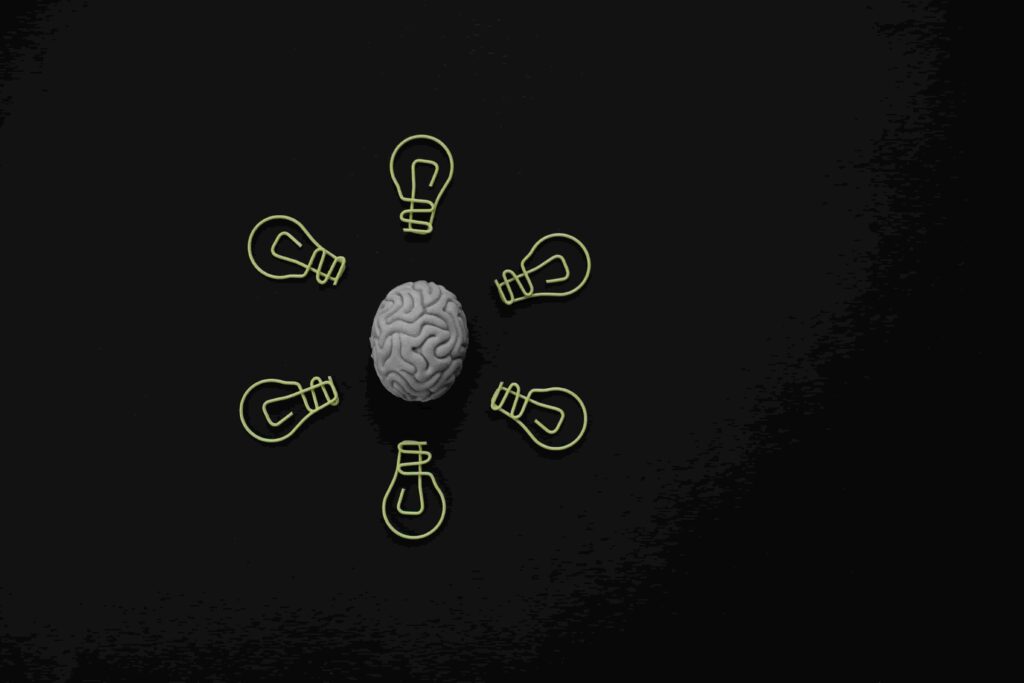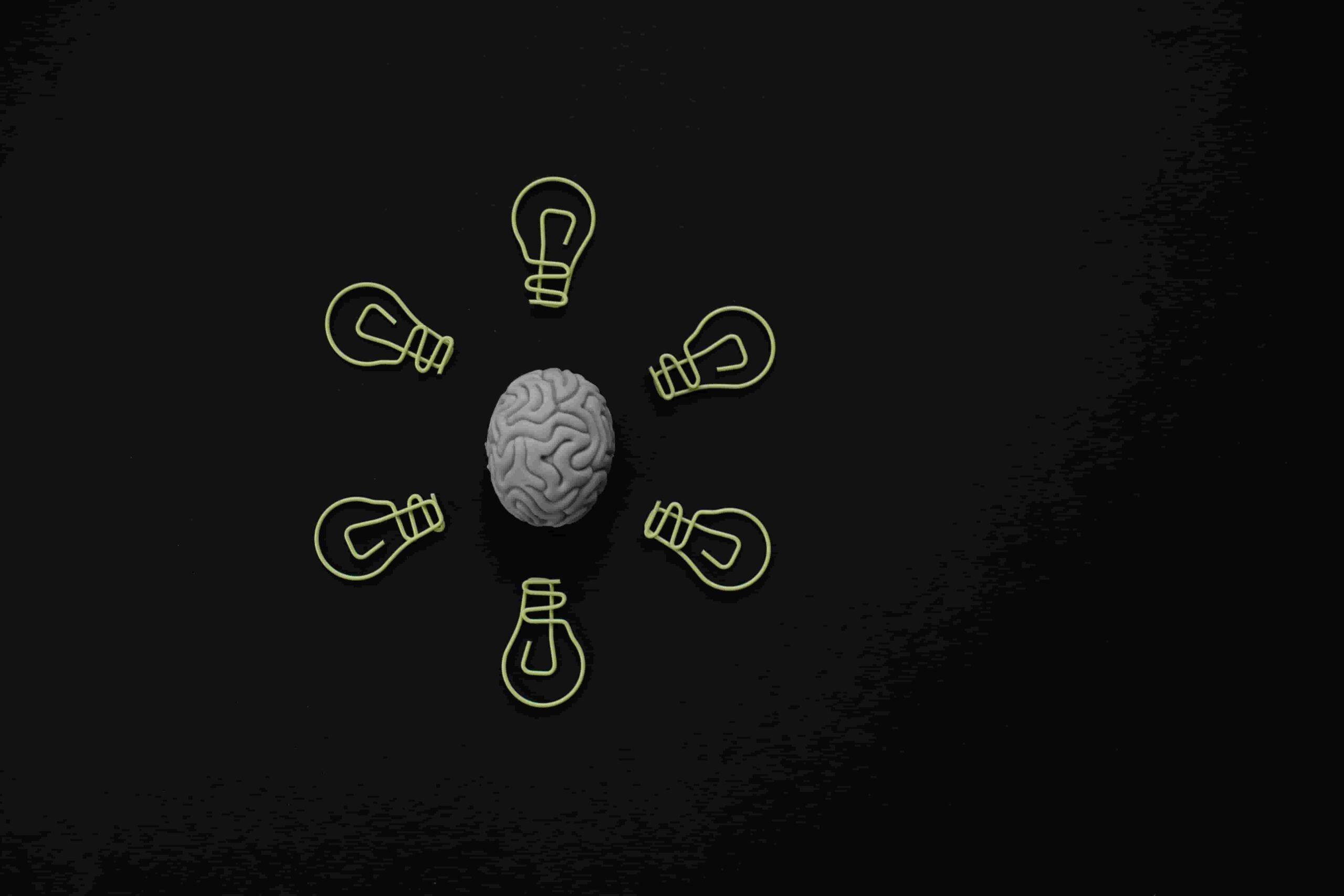
Your Intestine: Your “Second Brain” Did you know that your intestine is often referred to as your “second brain”? Not only does gut health affect digestion, but it also impacts your immune system, mental health, and overall well-being. In this post, we will explore the importance of gut health and natural ways to maintain it.
Why Gut Health Is Important
The term “gut microbiome” refers to the trillions of bacteria, fungi, and other microorganisms that live in your intestine. These microorganisms play a crucial role in:
- Breaking down food so that nutrients can be absorbed.
- Assisting the immune system.
- Generating neurotransmitters and hormones.
Dysbiosis, or an imbalance in gut bacteria, can lead to several health issues, including inflammation, mood disorders, and digestive troubles.
Signs of Gut Imbalance
How can you tell if your digestive system needs attention? Watch for these common signs:
- Frequent gas, heartburn, or bloating.
- Food sensitivities or intolerances.
- Skin conditions like eczema or acne.
- Ongoing fatigue or mental fog.
If you experience these symptoms, it might be time to focus on improving your gut health.
10 .Effective Ways to Improve Gut Health Naturally
1. Consume a Diet Rich in Fiber
Dietary fiber helps your gut’s good bacteria thrive. Include these fiber-rich foods:
- Whole grains such as quinoa and oats.
- Fruits like bananas, berries, and apples.
- Vegetables such as spinach, carrots, and broccoli.
2. Include Prebiotics and Probiotics
- Probiotics: Live bacteria that help maintain intestinal health. Sources include yogurt, kefir, and fermented foods like sauerkraut and kimchi.
- Prebiotics: Indigestible fibers that feed probiotics. Great sources include bananas, onions, and garlic.
3. Drink Plenty of Water
Drinking enough water supports the growth of beneficial bacteria and helps protect the mucosal lining of your stomach. Aim for 8–10 cups per day.
4. Limit Processed Foods and Sugar
Processed foods and excessive sugar can disrupt gut balance and promote the growth of harmful bacteria. Focus on whole, natural meals instead.
5. Manage Your Stress
Prolonged stress can negatively impact the gut microbiota. Incorporate stress-relieving practices like yoga, deep breathing, or journaling to promote gut health.
6. Prioritize Sleep
Gut health and sleep are closely connected. A healthy gut can improve sleep quality, while poor sleep can disrupt the gut microbiota. Aim for 7–8 hours of quality sleep each night.
7. Stay Physically Active
Regular exercise improves gut bacterial diversity and supports healthy digestion. Engage in moderate activities like walking, jogging, or swimming.
8. Avoid Unnecessary Antibiotics
While antibiotics are sometimes necessary, overuse can destroy beneficial gut flora. Always use antibiotics as prescribed by your physician.
9. Include Gut-Healing Foods
Certain foods can help repair and strengthen the gut lining:
- Bone broth: Rich in amino acids and collagen.
- Turmeric: Known for its anti-inflammatory properties.
- Ginger: Reduces bloating and aids digestion.
10. Monitor Food Sensitivities
Some foods can irritate your digestive system. Keep a food journal and identify potential triggers like dairy, gluten, or spicy foods if you experience bloating or stomach pain after eating.
The Gut-Brain Connection
The gut-brain axis refers to the connection between the gut and the brain, facilitated by the vagus nerve. A healthy gut can lower anxiety, improve mood, and enhance cognitive function. Consuming foods rich in omega-3 fatty acids, such as walnuts and salmon, can strengthen this link.
When to Seek Professional Help
If you experience severe symptoms or cannot manage your gut health through lifestyle changes, consult a healthcare provider. They may recommend tests or treatments tailored to your needs.
Conclusion
Maintaining gut health is essential for overall well-being. By implementing these natural strategies, you can improve digestion, support a balanced gut microbiome, and enhance your physical and mental health. Start small, stay consistent, and you’ll notice positive changes in both your body and mind.

